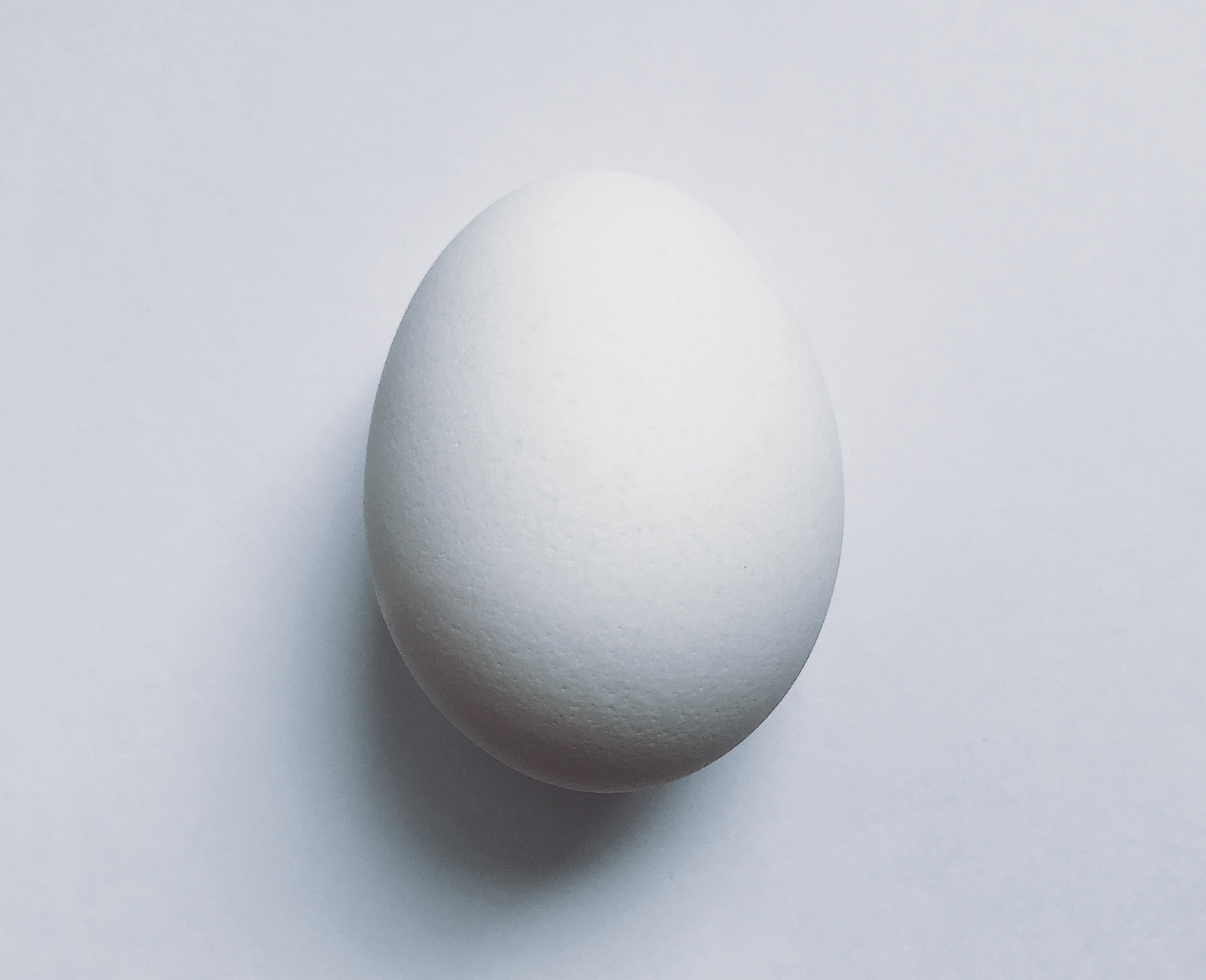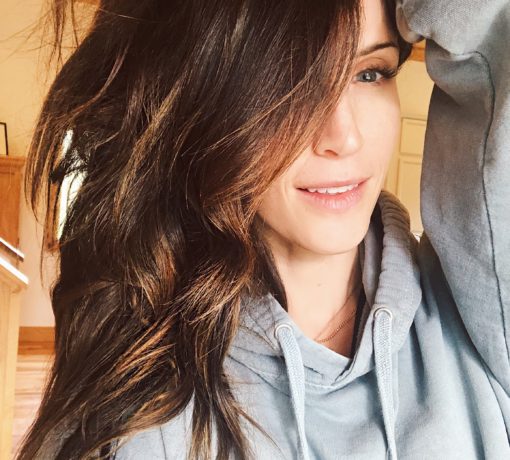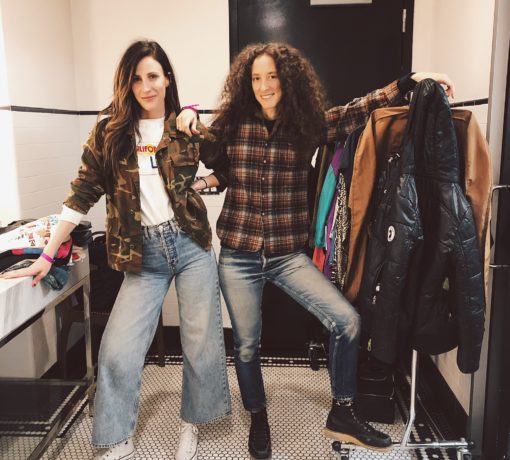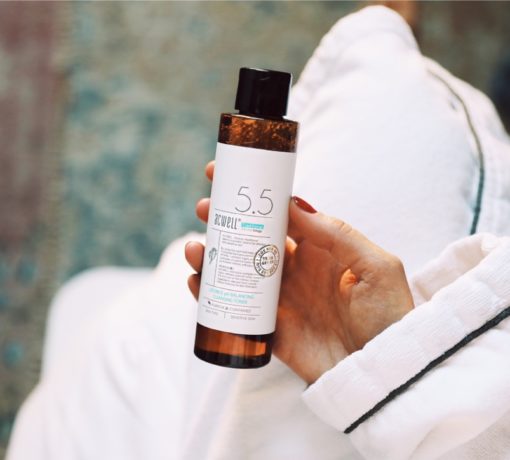I truly believe that in most cases knowledge is power and to make an informed decision about something you need all of the information. This season on Very Cavallari, I reached a point where I realized that if I wanted a family, I really needed to look into all of my options sooner rather than later. One of the hardest parts about being a career driven woman is that does not put our biological clocks on hold. I personally have been chasing after my career dreams and very focused on that for much of my adult life. I’ve always wanted a family, but haven’t found the partner that I want to build those dreams with yet. The hard part about that is that I’m in the latter half of my thirties and as any gynecologist or fertility expert will tell you, the clock is ticking on my body being able to produce healthy eggs. Once I realized how much time could play a factor into my desire to have kids, I decided I wanted to start looking at all of my options.
One of the main options I am looking into is freezing my eggs. This is a process that is actually more common than I was aware of nowadays, mostly because no one is talking about it. I knew nothing about the process or procedure until I went into the doctor’s office and because I got all of the information in one sitting it was a bit overwhelming. Had I read any article with details of the process, I think it would have helped, so I wanted to give anyone looking into this process the information I received in order to start wrapping your mind around it.
At the end of the day, this is such a personal opinion. The coolest part to me is that we, as women, have options now. Although some of the information is scary and also hard to think about, especially if you are doing it alone, we can do hard things. Especially if it means creating the life we want and dream of.
Here is what I found out:
KNOWING YOUR POTENTIAL
Having an idea of your egg count is the first step. Your doctor can perform the Anti-Mullerian Hormone test. It is an easy and inexpensive blood test that can help in assessing your ovarian potential. It can tell how many eggs you may have left by determining if you have a low, average or high number. This can be valuable information in determining if freezing your eggs is right for you.
TIMING MATTERS
The ideal time to freeze eggs is during your late 20’s or early 30’s. The average age at which women freeze their eggs is 37. For the best chance of success at a live birth in the future, it is best to freeze your eggs before you are 36. The earlier the age you freeze your eggs the more eggs you have and the quality of your eggs are better giving them a greater chance your eggs have of surviving the entire process.
COST
The cost of medication and treatment for ONE cycle is anywhere from $10,000-$15,000. Statistics show that a lot of women will do more than one cycle. Storing your harvested eggs will cost around $500-$1,000 per year.
Another cost ultimately will be having the eggs fertilized and implanted when you’re ready, which will run in the thousands, so starting to save for that ultimately is something to start thinking about once you freeze eggs initially.
The average salary of a woman who freezes her eggs makes $190,000. This doesn’t mean you can’t do it if you don’t make that much a year. It just puts it into perspective of what saving up may look like.
THE PROCESS IS INVASIVE
Women do this everyday, but it shouldn’t be overlooked stress that your body will go through. You can expect blood work and ultrasounds at the beginning. When you’re ready to start you’ll have daily hormone injections and visits to your doctor to monitor progress. Once the eggs are mature, a “trigger shot” will be given to trigger ovulation. About 36 hours later, your doctor will perform a procedure while you’re under anesthesia to retrieve the eggs and have them stored your fertility clinic. So, it’s smart to clear the two weeks as much as possible and plan some extra self care.
On average, most women will need to have more than one cycle to retrieve the amount of eggs needed – between one and two dozen – to survive the process of freezing to fertilization.
Another interesting fact is that 90% of women who freeze their eggs never return to use them. However, It’s always nice to know they are there in case you need the backup.
IT MIGHT NOT WORK
The live birth rate from freezing eggs is still only 20% – for women who froze their eggs at 36 – and that’s after several attempts of IVF. There are no guarantees.
Don’t be afraid to ask your clinic their success rates for your age specific stats.
IT’S AN EMOTIONAL ROLLERCOASTER
As well as being expensive, the process of egg freezing and IVF can often be emotionally and physically challenging. It is important to bear this in mind when considering freezing your eggs. Have a support system you can rely on to be there through the entire process no matter your outcome.
All of this is a lot of information and can take time to process. You have to decide what’s right for you and your body. Listen to your gut and own your power.



















Leave a comment